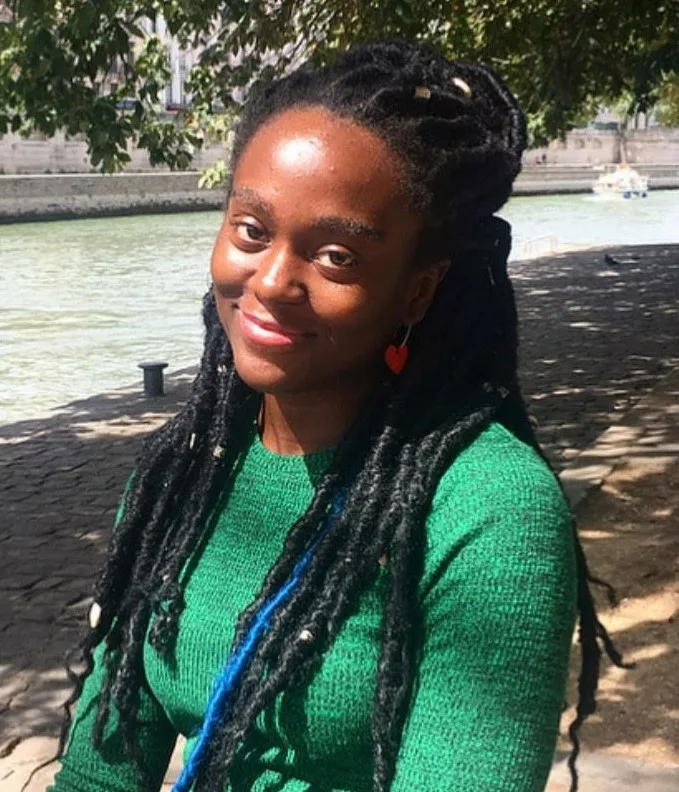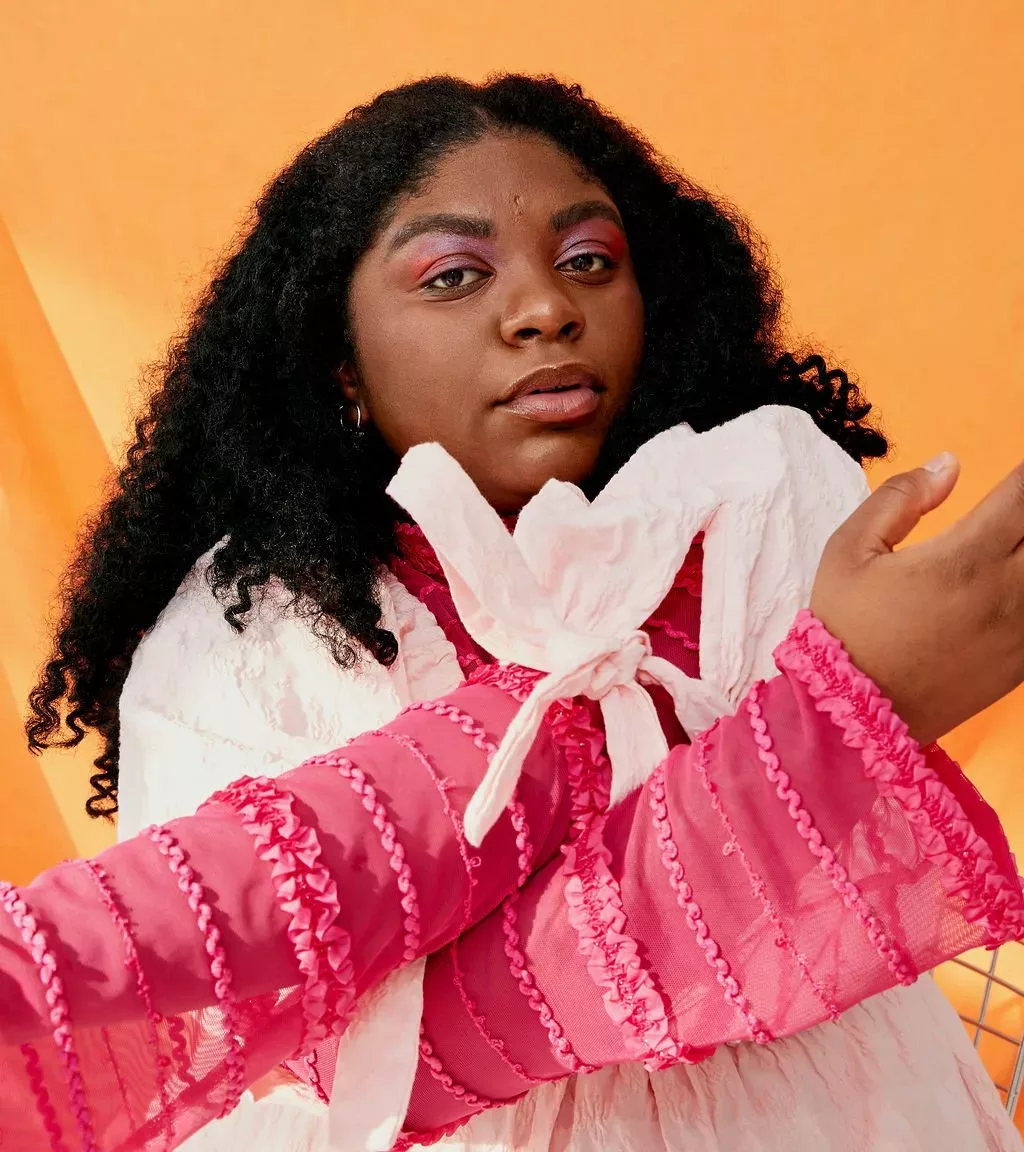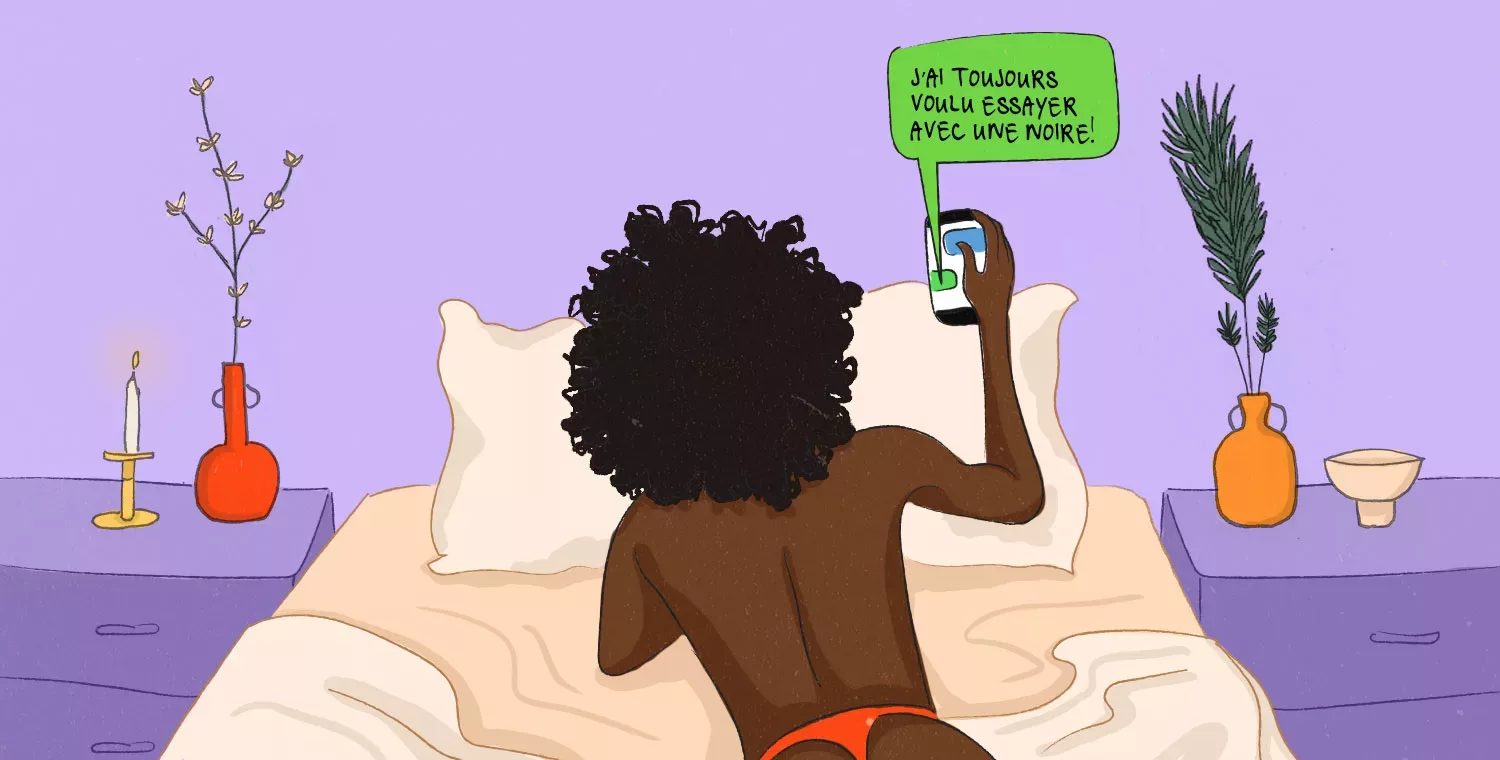Your cart is currently empty!
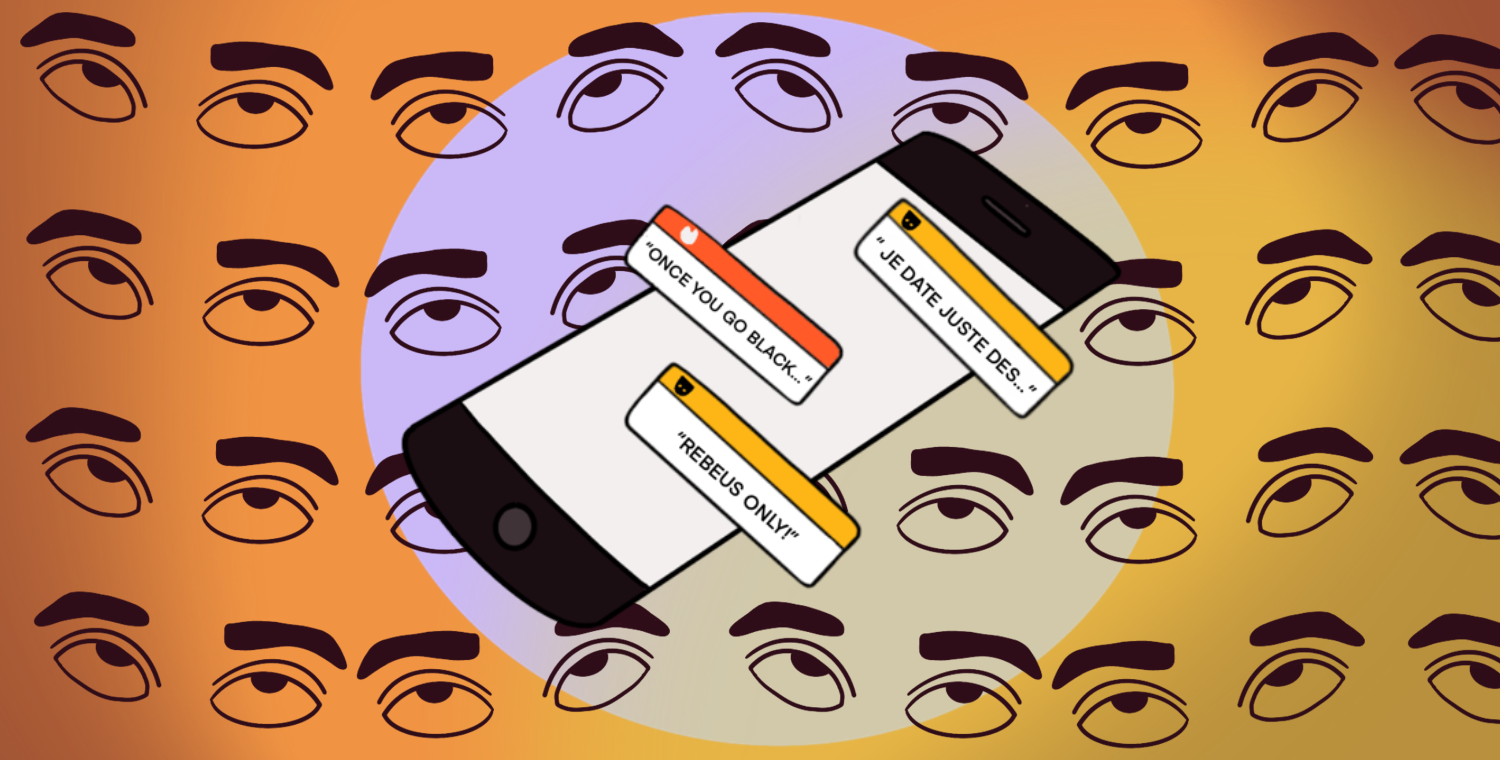
Racial Fetishization: Colour as Fantasy
Racial fetishization refers to the act of objectifying racialized people’s bodies, and involves a mixture of dehumanization and sexual fantasy. Depending on ethnic background, sexual orientation, and power dynamics, racial fetishization can take multiple forms and inflict violence that is sometimes subtle, sometimes explicit.
Nabil, Celianthe and Thibault tell us about their experiences of weariness, revolt, and introspection.
Nabil
For Nabil, a young bisexual Algerian man, the Grindr app has always been a minefield. Ever since he created a profile, not a single day goes by where he doesn’t receive a message from another user who wants to “get some Arabic tail.” He’s also lost count of the number of times he has seen “Arabs only” written on a profile.
When a user first sends him a message, it’s rarely to ask him how he is or what he’s looking for, but rather: “Are you an Arab?”
“The question of ethnic background is omnipresent,” explains Nabil. “And I don’t think that, if it was a white man talking to another white man, the issue of ethnic background would even be brought up.” That question is never innocuous. It’s always linked to a very specific racial cliché: that of the Arab man as a “lout” who lives in a low-income suburb, who only wears sports apparel, and who eats, breathes, and sleeps brutality.
People often demand that Nabil correspond to this distorted version of reality. “I’ve been asked on more than one occasion that we meet up somewhere and that I wear jogging pants and sneakers,” he says, thinking about the recurring requests. “There was even a guy who asked me if he could bring one of his Arab friends… He literally wanted to be sandwiched by two Arab guys.”
Racial fetishization is therefore not a myth: there really are people whose fetish involves an entire ethnic group.
A threat from within
For Nabil, racism is alive and well within the LGBTQ+ community, and no one seems to want to point it out. “It’s very subtle,” he says. Many racial stereotypes are rebranded as “kinks,” as if this dilutes their gravity. People project “delusions of virility and machismo” onto Arab men, which are immediately accompanied by fantasies of “violent sex” and domination/submission dynamics.
“I have the impression that [raciale] [racial] fetishization is much more present in the gay community than it is in the straight community,” says Nabil.
From his perspective, it’s also much more unambiguous and brutal in the gay community. When a white gay man wants to be with an Arab or Black man, the latter is only treated as a sex toy to “satisfy [[un]] need.”
“They don’t see me as a person,” concludes Nabil. “And I don’t think there will ever be a day in the gay community where I will be seen as a person.”
Celianthe
“We are always defined in terms of our attributes.” This is what Celianthe, a young Ivorian woman, concludes after having experienced the Quebec dating scene for a long time as a Black woman. If she’s not readily told she has a “big butt,” she’s “complimented” on her “blowjob lips.” It’s almost impossible for her to exist without having her skin colour mentioned or having degrading stereotypes projected onto her.
There is nothing flattering about being fetishized. When Celianthe hears “once you go Black, you never go back” or “I like different and exotic people, because in Quebec, it’s too white,” she doesn’t feel valued by what seems to be intended as a compliment. Quite the contrary.
Because, here again, skin colour is an accessory valued by its difference. Celianthe becomes an “exotic” trophy to display and admire from afar. It’s on the basis of this observation that she defines racial fetishization, whether or not it is sexual, as “liking to be with Black people without taking their lived experiences into consideration.”
This objectification is often followed by a failure to see her, a Black woman, as a person whose colour contains multitudes. She has no individuality and is just a generic model shaped in others’ minds by an avalanche of racial biases
The shock is therefore always great when racial fetishists are confronted with someone who clashes with their stereotyped fantasies.
“When they see, for example, an African woman who speaks French well and who expresses herself well, it’s as though they experience a mental glitch,” says Celianthe, who has experienced this firsthand.
When they meet a Black woman who is not a fan of giving head, a “404 error” prompt flashes in their eyes.
The colour of isolation
On the other side of the coin is racial rejection. When Celianthe goes on Tinder, she doesn’t have a lot of matches. Why? Because of colourism: a racist form of discrimination in favour of lighter-skinned people. Celianthe therefore finds it difficult to find acceptance: her skin colour is often either the object of sexual fantasies, or a criterion of ostracism.
Celianthe refuses to be pigeonholed. Yet, when she sees many Black women around her silently accept this condition, a part of her understands. “They experience colourism, and people rarely give them any attention,” she says. Consequently, they accept being fetishized, which only encourages or enables the perpetuation of racial stereotypes.
For Celianthe, “everyone has their share of responsibility” for this issue: pop culture is responsible for depictions of hypersexualized Black women “all oiled up on motorcycles”; Black women for conscientiously glossing over fetishisation behaviours that are directed towards them; and, last but not least, the fetishists who perpetrate these behaviours, even when done out of ignorance.
Celianthe lives in Quebec, a predominantly white city where social endogamy is a breeding ground for this form of ignorance. “They haven’t known anything else,” she explains. But in her eyes, this is not a valid reason, especially in the age of the internet and of the Black Lives Matter movement, which has brought racism to the attention of society.
Opening up the discussion
According to Celianthe, the real source of the problem is often a lack of goodwill. No one wants to educate themselves or even simply question their own inclinations.
“[These people] [Ces gens] don’t have the reflex to ask themselves the question: ‘Do I like her because she’s Black or do I like her for her?’ Rarely do they admit they have biases.”
The most common scenario is someone thinking of themselves as “woke” or open-minded because they “don’t see colour.” However, as Celianthe points out, “the only reason they like you is precisely because of your skin colour.”
Another dilemma arises when certain people claim to prefer Black people because of their supposedly superior culture and attributes. “But there are also white people who have both, and then I’m told: ‘Yes, but that’s not the same,’” says Celianthe. “What’s not the same? Skin color.” It always comes back to that. It therefore seems more crucial than ever to make these people aware of the impact of their behaviour.
Thibault
It was during a discussion with his best friend that Thibault realized something: “The people with whom I feel safest and towards whom I am most attracted have almost always been racialized people.” Thibault is a white gay man, but, over time, he has felt less and less comfortable around his white peers. “They always tell one ‘joke’ too many,” he says, having been the target of a legion of comments that either carry undertones of internalized homophobia, or sexualize his small size.
On dating apps, he has noticed that those who initiate conversations with him are always racialized people. He’s never the first one to reach out. He ponders over why that is.
Does he project an image of safety he seeks in others? Do racialized people see in him a white man who is devoid of the typical toxic baggage that usually makes them steer clear of white people? Despite these introspections, Thibault is always careful not to fall into what he calls a “not all whites” stance, that is, thinking of himself as the perfect exception to his entire racial group.
Racial charity
“There is a type of fetishization that isn’t talked about much in the gay community,” continues Thibault. “It’s when one talks to or goes out with a racialized person as if just to be able to say: ‘You see? I’m not racist.’”
He compares this self-righteousness-coated fetishization to approaching a Black person with the pick-up line: “Hey, look, I put #BlackLivesMatter on my profile.”
Thibault calls this phenomenon “charity fetishization” and defines it as a “more pernicious form of violence.” However, his greatest fear is that he unintentionally or unknowingly indulges in it and that his attraction to racialized people is merely the symptom of a saviour complex he hasn’t noticed.
Self-questioning
For Thibault, sexual preferences are never trivial and must always be deconstructed. He has always questioned his own, even from the time he thought he was straight. “I’d see a Black girl and think, ‘Wow, she’s really beautiful, but I don’t know if I could be with her,’” he says. It was by overcoming his unwillingness to examine the origin of his attitudes that he discovered how certain “preferences simply come from a lack of socialization.”
However, he is careful not to consider himself as a “white guy who no longer has any bias,” “because you can’t really know if you’ve actually deconstructed all your biases. And even then, you never stop deconstructing all that,” he concludes. “These are questions you can never stop asking yourself.”
-
DiAngelo, R. White Fragility: Why It’s So Hard for White People to Talk About Racism. Beacon Press, 2020.
Epstein, R., Blake, J. J., González, T., & Georgetown University. (2017). Girlhood interrupted: The erasure of black girls’ childhood.
Frost, P. Femmes claires, hommes foncés. Les origines du colorisme. Québec, Qc : Les Presses de l’Université Laval, 2010, 202 pages.
GREENDIGE, K. « Why black people discriminate among ourselves: the toxic legacy of colorism», 9 avril 2019, The Guardian, https://www.theguardian.com/lifeandstyle/2019/apr/09/colorism- racism-why-black-people-discriminate-among-ourselves
Kendi, I. X. How to Be an Antiracist. New York, NY: One World, 2019.
Lestringant, F. Faut-il en finir avec l’exotisme? Réflexions d’après-coup. Hypothèses, 2008/1 (11), p. 67-74. DOI : 10.3917/hyp.071.0067. URL : https://www.cairn.info/revue-hypotheses-2008-1-page-67.htm
Maynard, R. NoirEs sous surveillance: esclavage, répression et violence d’État au Canada. Translated by Catherine Ego, Mémoire d’encrier, 2018.
Saad, L. F. Me and White Supremacy: Combat Racism, Change the World, and Become a Good Ancestor. Sourcebooks, 2020.
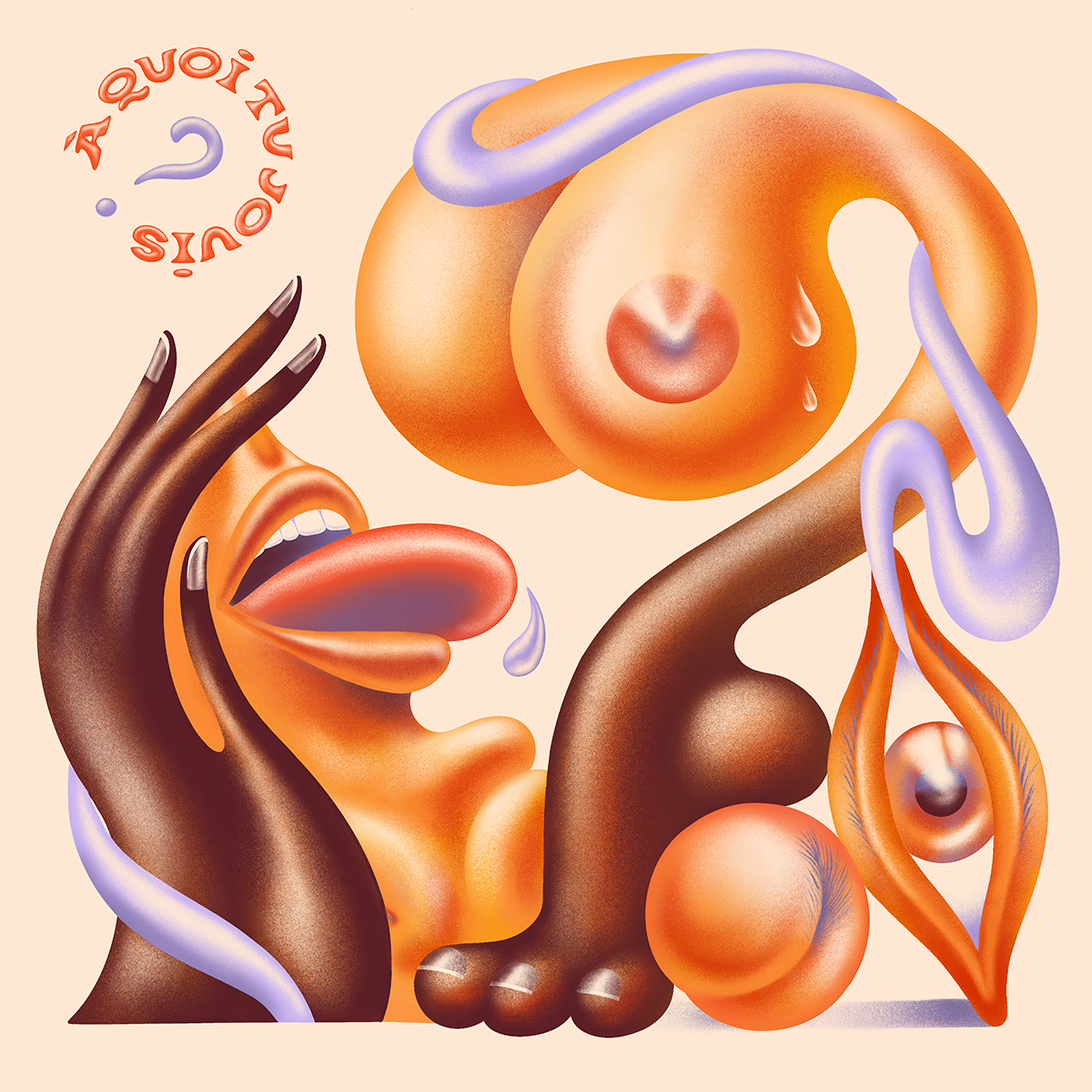
If reading this article has piqued your curiosity, we’ve got two episodes of our podcast, À quoi tu jouis?, that tackle sexual racism and racial fetishization (available in French only).
